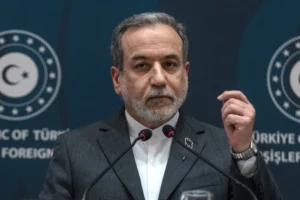MONITORING (SW) – The Office of the United Nations Assistance Mission in Afghanistan has said in a fresh report titled “Corporal Punishment and the Death Penalty in Afghanistan”, that the Islamic Emirate has flogged 274 men, 58 women and 2 boys in Afghanistan in the last six months.
UNAMA said that it has documented a series of corporal punishment since August 15, 2021, when the Islamic Emirate came to power. This punishment includes whipping, stoning, making the accused stand in cold water and forced shaving of the head.
In this report, UNAMA said that from August 15, 2021 to November 12, 2022, it documented at least 18 cases of corporal punishment in which 33 men and 22 women, including two underage girls, were flogged mostly for adultery and running away from home. are
The report noted that women who are publicly punished for zina and other moral crimes may be at increased risk of violence from their families and communities after the punishment, due to extreme levels of stigma towards women accused of extramarital relationships, deemed illegal by the de facto authorities in Afghanistan.
The prosecution of women for zina is inconsistent with Afghanistan’s international human rights obligations as it discriminates against women particularly and is a serious violation of their rights to freedom of movement, privacy, and equality before the law, it said.
It added the political situation and humanitarian crisis facing Afghanistan have resulted in a decrease in funding for services providing medical and psychosocial support – meaning that individuals who experience harm as a result of corporal punishment are less likely to be able to access services.
According to the report, under the first Taliban regime, humanitarian organizations such as the International Committee of the Red Cross and Médecins Sans Frontières were faced with situations in which individuals who had been subjected to amputation as a punishment were brought to their facilities for treatment. These organisations were required to consider whether the provision of healthcare in such a situation would render them complicit in a practice that goes contrary to human rights.
The UN’s Human Rights Committee has stated that stoning and public executions are contrary to the prohibition of torture and other cruel, inhuman or degrading treatment or punishment, and therefore render the execution arbitrary in nature.






